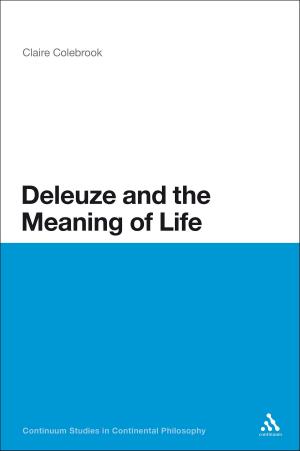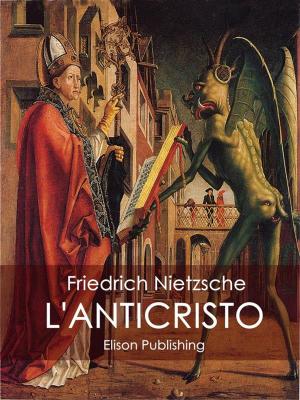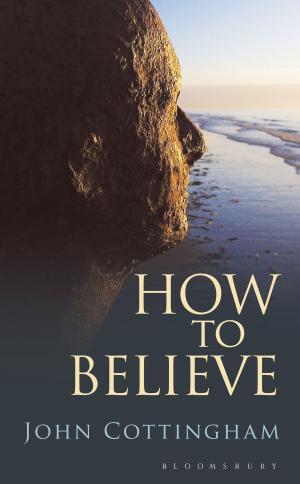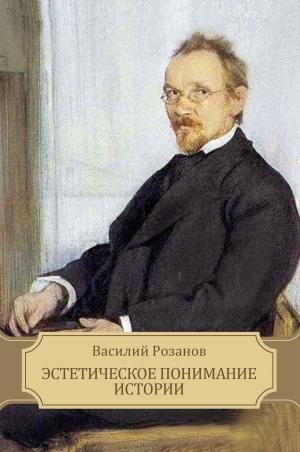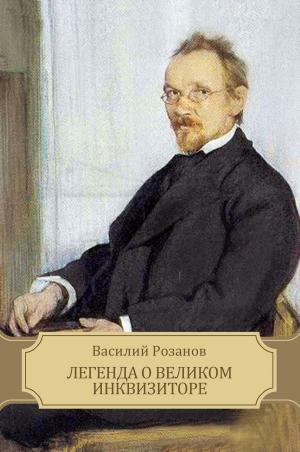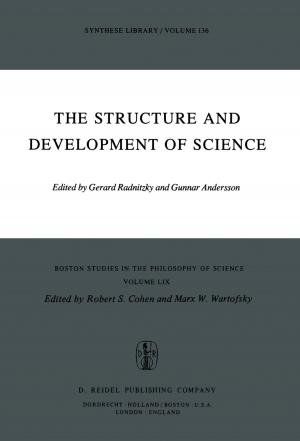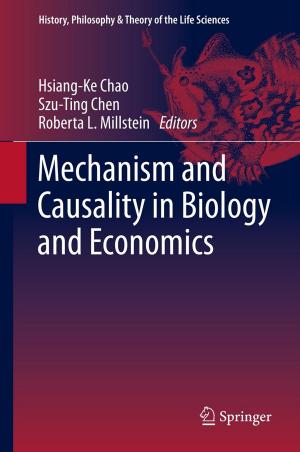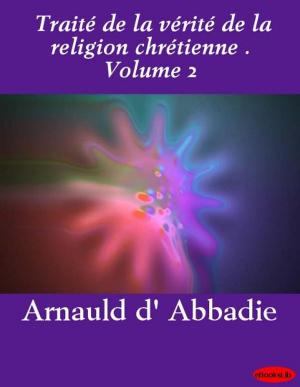| Author: | Victor Meyer | ISBN: | 9781465806215 |
| Publisher: | Victor Meyer | Publication: | August 6, 2011 |
| Imprint: | Smashwords Edition | Language: | English |
| Author: | Victor Meyer |
| ISBN: | 9781465806215 |
| Publisher: | Victor Meyer |
| Publication: | August 6, 2011 |
| Imprint: | Smashwords Edition |
| Language: | English |
An "Existential God" follows three themes similar to modern existentialism. We are each unique individuals. We are free to develop our own beliefs about God. And, we live our lives according to our beliefs.
After introducing the concept of the Existential God, the author presents his personal Existential God. This new paradigm of God is the result of a life-long search by the author to reconcile the dogmas of his Catholic faith with what he has been taught about modern science.
Many authors, who try to bridge the gap between religion and science, start with a blind acceptance of Christian doctrine, and then show how pieces of science support these traditional beliefs. In this book, the author uses the opposite approach. Rather than blind acceptance of traditional religious beliefs, the author accepts, as true, the physical laws of our universe. From that basis, the author looks for an understanding of God in what we know to be true, but which the physical laws of science cannot explain.
Philosophers have argued whether human consciousness can be explained by the laws of physics, or whether it represents a reality separate from the physical universe. Modern science still cannot explain what consciousness is. The author builds his new paradigm about God on the thesis that the brain is really an interface mechanism between our physical bodies and a mental world that is God. Our consciousness represents our personal oneness with God while we live our lives.
Building on this view of God, the author expands on how it applies to the concept of “self” and presents his interpretations of heaven and hell. The author also presents his views on such diverse topics as natural law, miracles, evolution, sex, and marriage. The book concludes with a discussion of how the author can still call himself a Catholic even though his views do not follow the traditional interpretation of Christian beliefs.
This book is not for those who unquestionably accept Jesus Christ as their Lord and Savior. Similarly, it is not for those who profess to Allah, and Mohammed as the messenger of God. Nor is it for devout followers of Hinduism, Buddhism, or any other “ism”. For these people, their religion is their personal Existential God. Rather, this book presents a new view of God that is consistent with what we know about our universe. It is for atheists, agnostics, and open minded individuals who ask how God can still exist in the face of modern scientific discoveries.
An "Existential God" follows three themes similar to modern existentialism. We are each unique individuals. We are free to develop our own beliefs about God. And, we live our lives according to our beliefs.
After introducing the concept of the Existential God, the author presents his personal Existential God. This new paradigm of God is the result of a life-long search by the author to reconcile the dogmas of his Catholic faith with what he has been taught about modern science.
Many authors, who try to bridge the gap between religion and science, start with a blind acceptance of Christian doctrine, and then show how pieces of science support these traditional beliefs. In this book, the author uses the opposite approach. Rather than blind acceptance of traditional religious beliefs, the author accepts, as true, the physical laws of our universe. From that basis, the author looks for an understanding of God in what we know to be true, but which the physical laws of science cannot explain.
Philosophers have argued whether human consciousness can be explained by the laws of physics, or whether it represents a reality separate from the physical universe. Modern science still cannot explain what consciousness is. The author builds his new paradigm about God on the thesis that the brain is really an interface mechanism between our physical bodies and a mental world that is God. Our consciousness represents our personal oneness with God while we live our lives.
Building on this view of God, the author expands on how it applies to the concept of “self” and presents his interpretations of heaven and hell. The author also presents his views on such diverse topics as natural law, miracles, evolution, sex, and marriage. The book concludes with a discussion of how the author can still call himself a Catholic even though his views do not follow the traditional interpretation of Christian beliefs.
This book is not for those who unquestionably accept Jesus Christ as their Lord and Savior. Similarly, it is not for those who profess to Allah, and Mohammed as the messenger of God. Nor is it for devout followers of Hinduism, Buddhism, or any other “ism”. For these people, their religion is their personal Existential God. Rather, this book presents a new view of God that is consistent with what we know about our universe. It is for atheists, agnostics, and open minded individuals who ask how God can still exist in the face of modern scientific discoveries.

